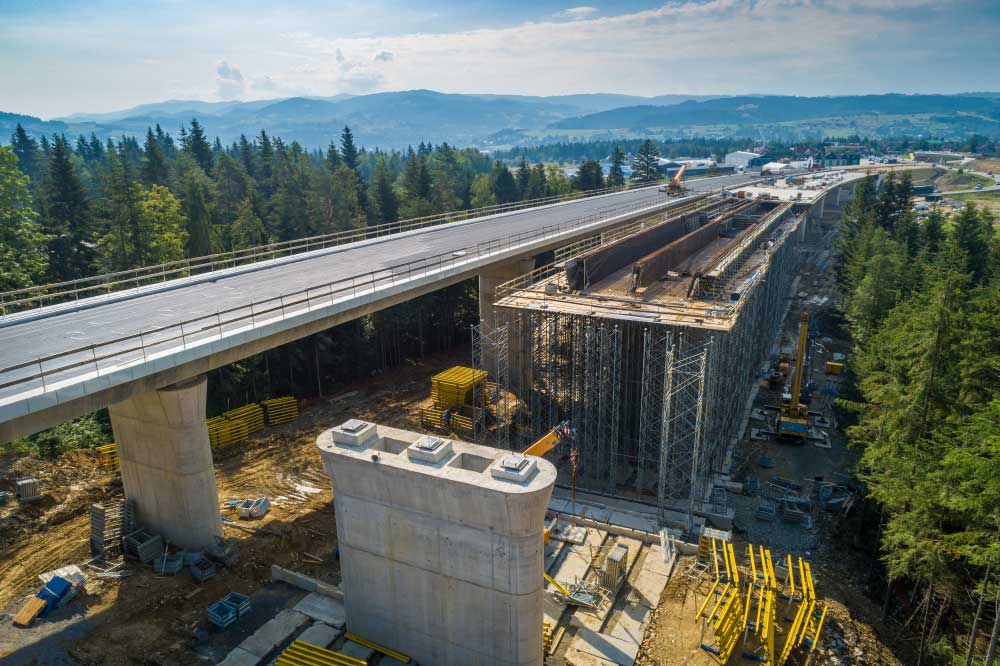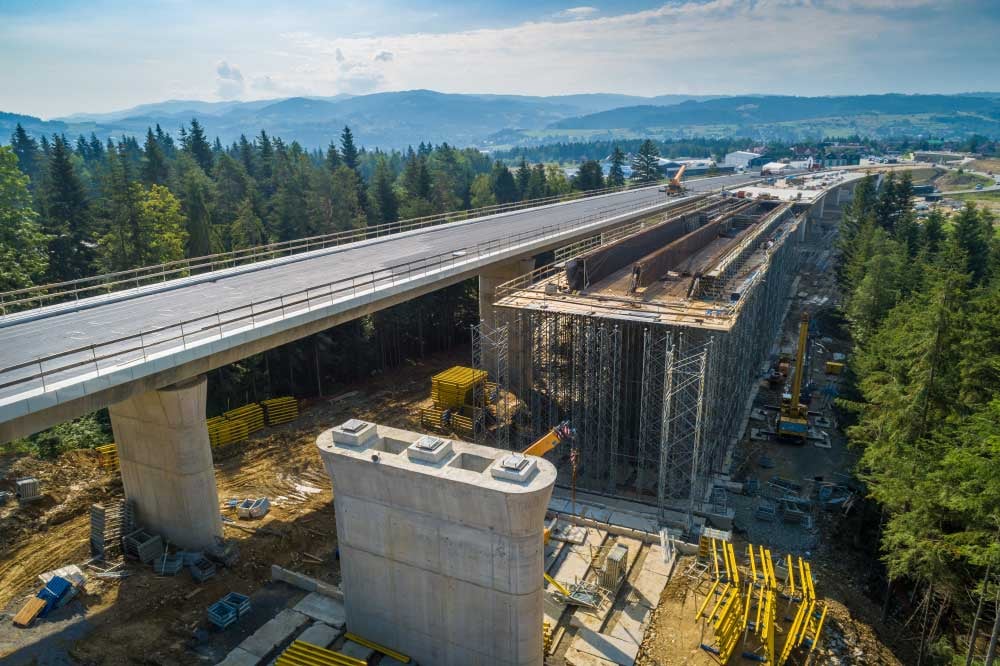
Specialized Insurance Needs for High-Risk Construction Projects

Construction projects are inherently risky, but some projects are riskier than others. High-risk construction projects, such as those involving high-rise buildings, bridges, or tunnels, require specialized insurance coverage to protect the project owner, contractors, and workers from potential losses. Without the right insurance coverage, a single accident or unexpected event could result in significant financial loss or even bankruptcy. Whether you're a project owner or contractor, understanding your insurance options is critical to ensuring the success of your construction project.
When it comes to the construction industry, it is a constant battle for construction company owners to maintain a balance between mitigating their risk and ensuring that their bottom line doesn't get too thin. That being said, especially when it comes to high-risk projects, having the right kind of construction insurance is of the utmost importance. Here, we share 10 different coverage options and how each will help you minimize your overall risk:
1. General Liability Insurance
This all-important coverage is applicable to virtually every type of business, and in the construction industry is most certainly a necessity. This policy provides coverage for third-party bodily injury or property damage claims arising from construction activities. General Liability Insurance is the most basic and necessary type of coverage for the construction industry. Keep in mind these legal settlements for accidents on sites can get immensely expensive. In fact, according to stats, the national average for a commercial business liability case settlement is $345,000. That is a steep amount to have to come up with on your own if you don’t have the proper liability coverage.
2. Workers’ Compensation Insurance
This coverage is sometimes legally required, depending on the state you are working in and the size of your company. This policy will cover work-related injuries and illnesses suffered by employees. Since the construction industry does post risks that other industries might not, it is that much more important to have workers’ compensation insurance as part of your overall insurance coverage.
3. Builder’s Risk Insurance
This covers damage to or loss of buildings or structures that happen during the construction process. You don’t want to have to face the reality of having to rebuild construction that was already complete or at least partially complete because something happens that is not your fault. This can be either a natural disaster or someone setting fire to something, or vandalism of any kind. You want your job site protected throughout the entire process of construction from the beginning to the end when you turn over control to the owner. Thankfully, you can get this protection through builder’s risk insurance.
4. Professional Liability Insurance
As a type of coverage that is needed for the construction industry as well as for architects and engineers, this policy will cover claims of professional negligence. It is also called errors and omissions insurance. When you think about a building collapsing years later and then having that accident pinned on the construction, this is what you are protecting yourself against. In many cases, the mistake is not your own, it could be subpar materials or codes that were not right for the area, but whatever the case, whatever caused the issue, this coverage ensures that you don’t have to provide compensation for an honest mistake either your own or someone else's.
5. Commercial Auto Insurance
Anytime vehicles are being used on a construction site in some manner, there needs to be a policy in place to cover these vehicles. In most cases, the easiest way to protect the vehicles used onsite is through a commercial auto insurance policy. Be sure to have protection for any vehicle that is on a job site. This will protect you against theft or damage or other incidents related to vehicles.
6. Equipment Insurance
In the construction industry, machinery and equipment can make or break a project. In other words, as you know, losing some equipment can be debilitating and cost an immense amount of money both in replacement costs and lost productivity. Thankfully, construction companies can purchase equipment insurance that will cover damage to or loss of machinery or other construction equipment.
7. Environmental Liability Insurance
Although it is very unlikely that any construction company would purposefully cause pollution or environmental damage to the surrounding areas through construction activities, accidents can and do happen. This insurance coverage protects a construction company from facing the legal and financial fallback of such an incident. Of course, having this protection should never make a company take unnecessary risks in terms of the environment. Instead, it should just make them that much more mindful of their impact on their surroundings.
8. Cyber Insurance 
As construction has moved into the modern industry some things have stayed the same and others have shifted to embrace modern technologies. Unfortunately, cybercrime is now a very real risk for businesses of all kinds and the construction industry is no expectation. Thankfully cyber insurance provides coverage for data breaches and cyberattacks that can lead to the loss of sensitive information and cause financial loss.
9. Owner Controlled Insurance Programs (OCIP)
This is a comprehensive insurance policy that provides coverage for large construction projects. It includes coverage for all contractors and subcontractors that work on the site. Large construction projects of commercial buildings can involve many, many teams of professionals working together. There are often teams of contractors and then subcontractors coming and going throughout the completion process. Therefore, this type of coverage is a good way to ensure that anyone who steps foot on the job site, who’s there legitimately, is protected.
10. Contractor Controlled Insurance Programs (CCIP)
Last but not least, this is similar coverage to the aforementioned OCIP coverage. However, instead of the owner of the construction company overseeing this coverage, with this type of plan, the contractor manages the policy that subsequently covers all the contractors and subcontractors involved in the project. Again, when a project is commercial in nature, there are many, many people that this would encompass, so a policy like this is immensely helpful.
Risk Assessment: Let Us Help
At Winter-Dent, we are happy to help you determine your current risk through a project risk assessment. This will help you decide what type of coverage you need for any size of construction project you may be considering. There is no need to take chances and find yourself unprotected. This is especially true if you know your project has specialized factors that require extra coverage. Don’t make the mistake of hoping all goes well, and you don’t need a policy. It is always to your advantage to have a policy in place you don’t have to use then to find yourself on the hook for a huge settlement that you have no way of paying. Contact us today to learn more and to get started on your risk assessment.


